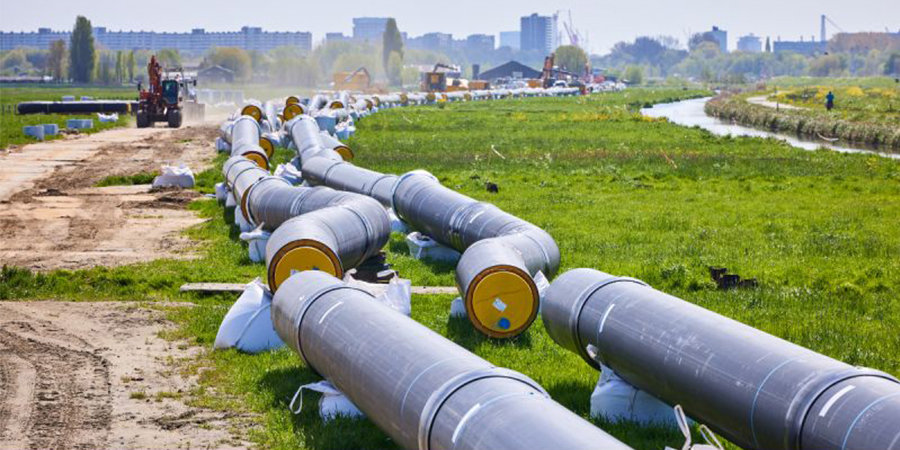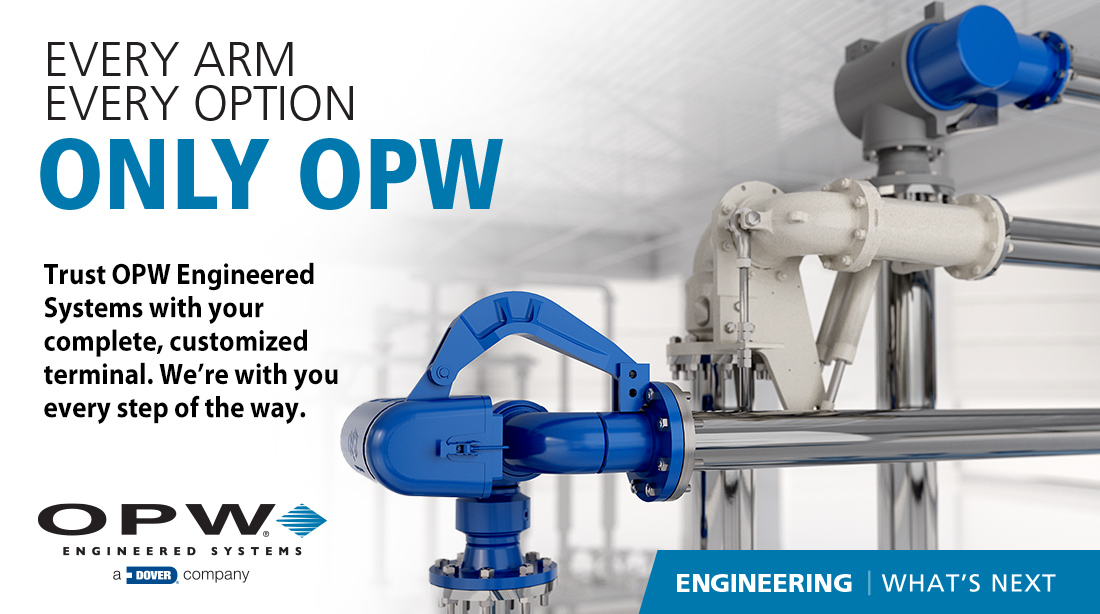Gasunie, a key player in the Netherlands’ energy landscape, is stepping up to the challenge of reducing greenhouse gas emissions with its innovative WarmtelinQ project. This venture aims to harness excess heat produced by industries in the Port of Rotterdam, Europe’s largest seaport, and utilise it in a district heating system for nearby urban areas.
The WarmtelinQ project addresses the urgent need for more sustainable heating solutions, particularly in light of the European Commission’s Fit for 55 climate package. With the Netherlands committed to significant emissions reductions, initiatives like WarmtelinQ are crucial to meeting ambitious climate goals.
 Image courtesy of WarmtelinQ/Gasunie
Image courtesy of WarmtelinQ/Gasunie
Gasunie’s solution involves the installation of a long-distance, underground district heating pipeline originating from the Port of Rotterdam. This pipeline, set to be completed by 2027, will supply heat to approximately 120,000 households in the province of South Holland. By repurposing excess heat and reducing reliance on natural gas, WarmtelinQ is projected to slash the Netherlands’ CO2 emissions by 2 to 3 million metric tonnes per year.
What sets WarmtelinQ apart is its commitment to sustainability throughout the project lifecycle. From logistics planning to construction methods, Gasunie prioritises eco-friendly practices. For instance, prefabricated pipeline components are transported by rail freight to reduce emissions, and sustainable materials are employed wherever possible.
A key component of the WarmtelinQ project is the district heating pipe network, which relies on robust and durable casing pipes to withstand various environmental stresses. Gasunie has partnered with ISOPLUS, a leading supplier of pre-insulated piping systems, to provide casing pipes made of BorSafeTM HE3490-LS, a bimodal PE compound known for its exceptional performance in challenging conditions.
BorSafeTM HE3490-LS offers superior water and air tightness, mechanical resistance, and chemical resilience, making it an ideal choice for district heating applications. Furthermore, its sustainability credentials are bolstered by its potential use of renewable feedstock, aligning with Gasunie’s commitment to environmental stewardship.
Through initiatives like WarmtelinQ, Gasunie demonstrates its dedication to driving the transition to a zero-emission energy system. By leveraging innovative technologies and sustainable practices, Gasunie is not only contributing to climate goals but also ensuring a cleaner and more sustainable future for generations to come.
“At every step of the way, the WarmtelinQ project shows how district heating systems can play a substantial role in enhancing the sustainability of our energy infrastructure. The use of BorSafe HE3490-LS ensures minimal heat loss over many kilometres of pipe. Its operators can count on consistent performance over decades. Using residual heat from the Port of Rotterdam that might otherwise be wasted is a smart way to accelerate the energy transition. We hope that this project has many imitators so that we may achieve our ambitious climate goals in Europe and beyond. Together with our partners, we are enabling life’s essentials.” John Webster, global commercial director, Infrastructure, Borealis
“Our customers rely on us to supply pipes with robustness, long service life, and proper insulation so as to minimise heat loss from networks over time, because low heat loss translates into lower CO2 emissions. We trust and rely on Borealis to deliver the innovative compounds we need to provide consistently high quality to our own customers for ambitious clean-energy projects like WarmtelinQ.” Gregor Wegerer managing director, ISOPLUS Austria
For more information visit www.borealisgroup.com















